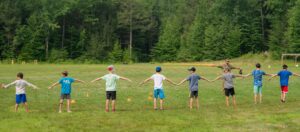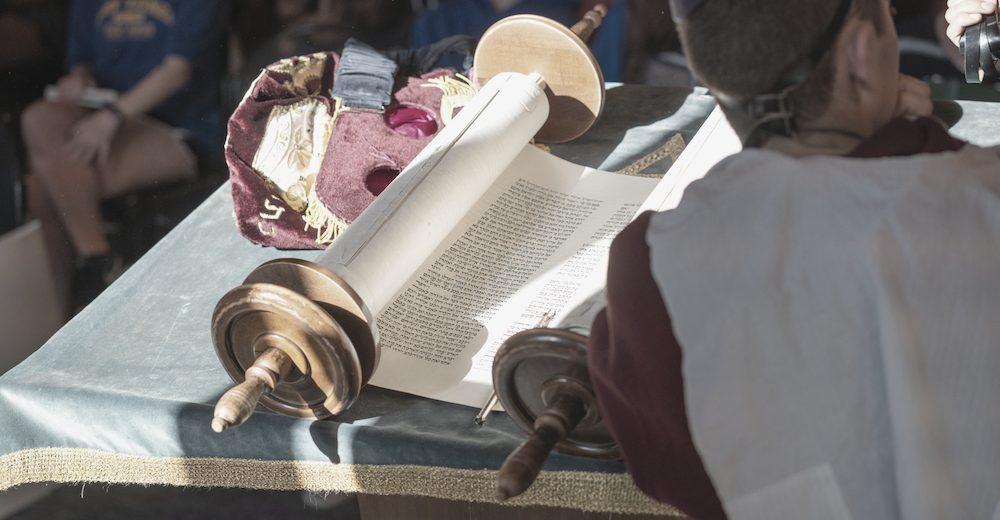This week’s double parsha, Acharei Mot-Kedoshim, brings us one of the most famous phrases in all of Tanach: “V’ahavta L’rayecha Kamocha” — love your neighbor as yourself. This is closely followed by another famous commandment, discussing foreigners who come to the land of Israel: “V’ahavta lo Kamocha,” and you should love them as yourself.
The Torah repeats the exact language when teaching the Jewish people to love their neighbors, whom they know, and strangers in their midst, whom they don’t yet know. In fact, the full pasuk for that mitzvah begins with a commandment to treat the stranger like a full citizen.
Why is this so important? The pasuk provides that answer as well: “because you were strangers in the land of Egypt.”
Both of these commandments are considered of paramount importance in Judaism.
Loving one’s neighbor was famously stated by Rabbi Hillel as the essence of the entire Torah, the rest being “just details.” The Torah itself repeats the mitzvah to love the stranger a total of 36 times, more than just about any other mitzvah. Both are clearly central to what it means to live according to Jewish values. Both come from the same place — learn from your own experience, whether the good way you would treat yourself or the bad way you were treated in Egypt — and pay it forward, outward, both when it may be easy with people like you and more challenging with those who are different from you.
Let your experience of being human, the good and the bad, not absorb you in yourself, but open you to understanding and loving others.
How do we do this in our current circumstances, when we’re isolated from not only our neighbors but also the strangers with whom we might otherwise interact? How do we show them this love?
The great spiritual paradox of this moment is that we show this love, we fulfill this mitzvah, by staying apart from others. Right now the highest love we can show for those around us is to stay home.
Of course, that doesn’t mean we can’t reach out to people in other ways. There are unprecedented community efforts going on right now to get food and supplies to those who need them the most. There are heroic acts being performed every day by medical personnel and essential workers, many of whom are our neighbors, friends, and those who have come from afar. They are all going to work each day despite the dangers to keep our changed world turning, and, with God’s help, healing.
They are loving us, their neighbors and those they don’t even know, as they would love themselves. They descend back into Egypt each and every day to protect us from doing the same.
Questions for the Shabbat Table:
- When have you felt like “a stranger” in the midst of a world you didn’t know? What made that easier?
- How could you, in your current circumstances, show your love for your “neighbor,” your fellow person?




